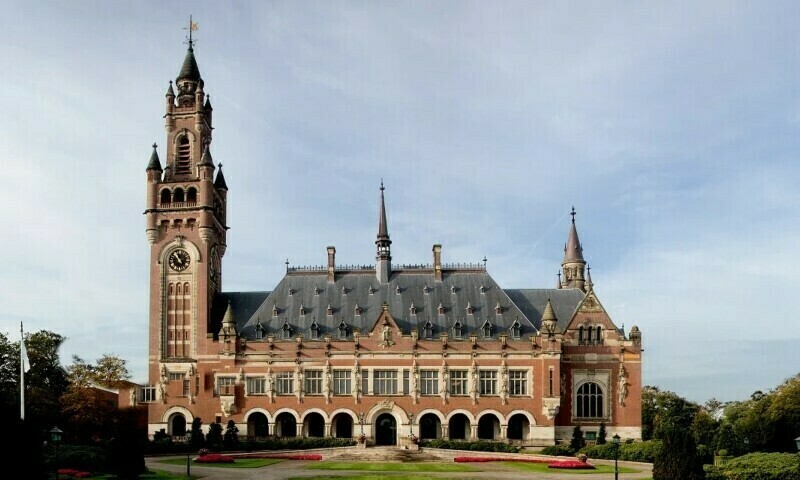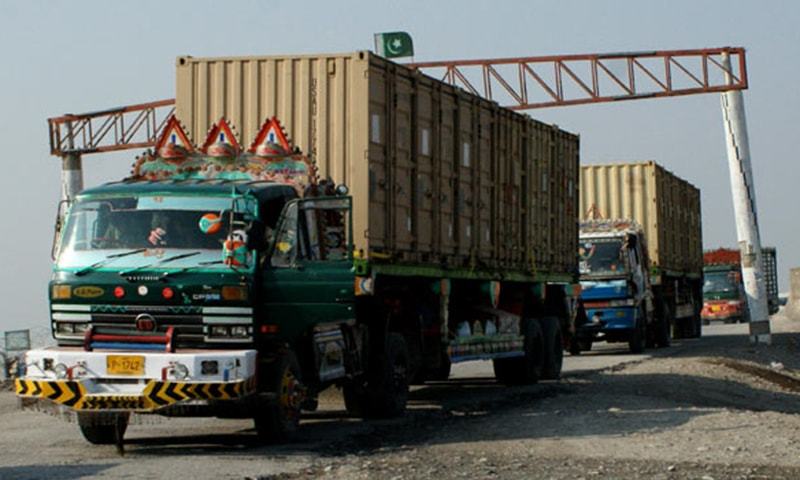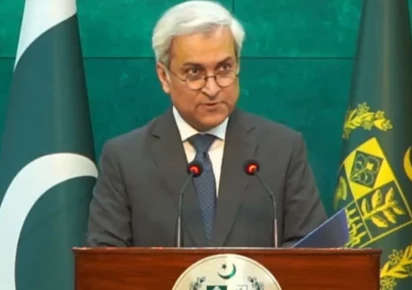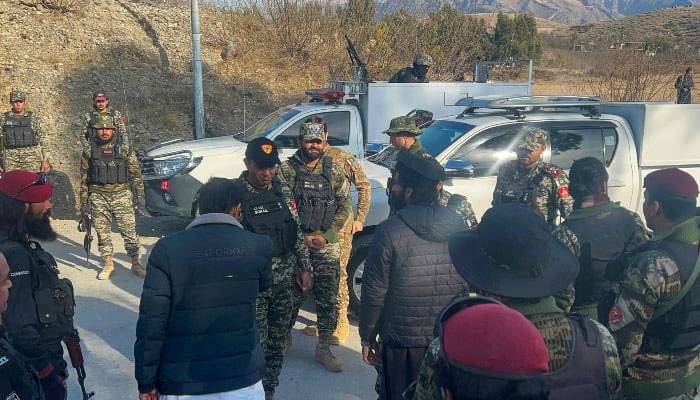The Permanent Court of Arbitration (PCA) in The Hague has ruled that India’s unilateral suspension of the Indus Waters Treaty (IWT) does not impact the court’s authority to adjudicate disputes arising under the treaty.
The decision, a “Supplemental Award on the Competence of the Court,” is a significant victory for Pakistan.
The PCA found that its jurisdiction remains unaffected by any unilateral actions taken by a party after the commencement of arbitration proceedings.
The court emphasized that its responsibility to proceed fairly and efficiently continues, regardless of India’s claim to have placed the treaty “in abeyance.”
This ruling also applies to the Neutral Expert appointed in related proceedings.The PCA based its decision on Article XII(4) of the IWT, which stipulates that the treaty remains in effect unless both parties agree to terminate it through a formal agreement.
The court highlighted the treaty’s inherent dispute resolution mechanism, stating that allowing one party to unilaterally disregard arbitration would undermine the treaty’s purpose.India’s contention that it could withdraw from the proceedings and halt arbitration was rejected by the PCA, which reaffirmed its authority to determine its own jurisdiction.
The court stated that once arbitration begins, it cannot be unilaterally disrupted.The decision concerns the Kishenganga and Ratle hydroelectric projects in Indian-administered Kashmir. Pakistan initiated arbitration proceedings in 2016, challenging certain design elements of these projects.
While India initially requested a neutral expert’s opinion, the PCA’s ruling affirms its competence to address the disputes raised by Pakistan.
Pakistan welcomed the decision, viewing it as a confirmation that India cannot unilaterally circumvent the treaty or the arbitration process.
Pakistan expressed its hope for a return to meaningful dialogue with India on all outstanding issues, including the IWT.However, India categorically rejected the PCA’s supplemental award, asserting that it never recognized the court’s legitimacy and considers its actions illegal and void.
India maintains that its suspension of the treaty renders it unbound by its obligations and that the PCA lacks jurisdiction to examine its actions.







